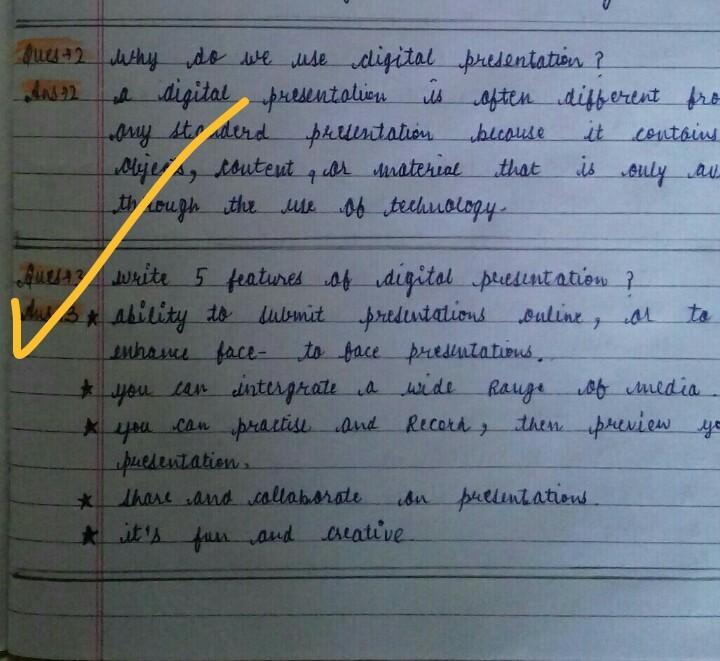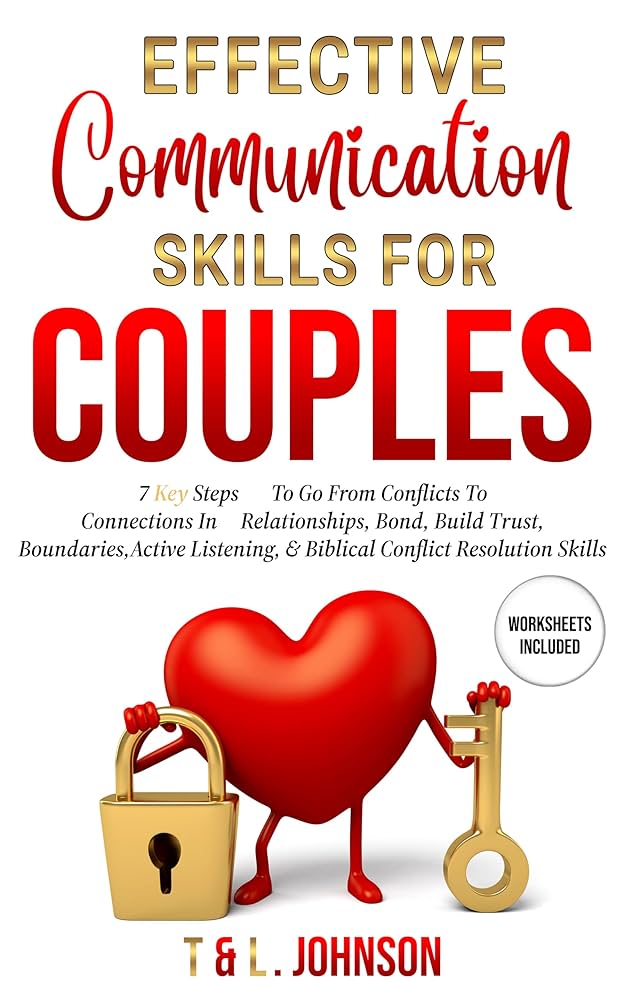What is Emotional Intelligence?: Unlocking Your Inner Potential
Emotional intelligence is the ability to understand and manage your own emotions and recognize others’ feelings. It involves empathy, self-awareness, and effective communication.
By developing emotional intelligence, individuals can enhance their relationships, navigate social situations more effectively, and make better decisions. This critical skill set plays a significant role in personal and professional success. Understanding and improving emotional intelligence can lead to improved mental well-being, increased resilience, and better overall satisfaction in life.
As organizations recognize the importance of emotional intelligence in leadership and teamwork, the demand for individuals with high emotional intelligence is on the rise. In today’s fast-paced and interconnected world, mastering emotional intelligence is a valuable asset for personal growth and achieving success.
Introduction To Emotional Intelligence
Emotional Intelligence, or EI, is a vital skill in today’s world. It helps us understand and manage our emotions. This skill influences our social interactions and personal well-being.
Definition And Importance
Emotional Intelligence is the ability to recognize, understand, and manage our own emotions. It also involves understanding and influencing the emotions of others.
EI is important because it affects our daily interactions. People with high EI are better at managing stress. They also build stronger relationships and communicate more effectively.
- Self-awareness: Knowing your own emotions.
- Self-regulation: Managing your own emotions.
- Motivation: Using emotions to achieve goals.
- Empathy: Understanding others’ emotions.
- Social skills: Managing relationships.
Historical Background
The concept of Emotional Intelligence has roots in the early 20th century. Psychologists like Edward Thorndike introduced the idea of “social intelligence”.
In the 1980s, Howard Gardner proposed the theory of multiple intelligences. This theory included interpersonal and intrapersonal intelligence.
Daniel Goleman popularized EI in his 1995 book, “Emotional Intelligence”. Goleman’s work highlighted the importance of EI in personal and professional success.
| Year | Event |
|---|---|
| 1920 | Thorndike’s social intelligence concept. |
| 1980s | Gardner’s multiple intelligences theory. |
| 1995 | Goleman’s book on Emotional Intelligence. |
Core Components
Emotional intelligence is essential for personal and professional success. It comprises several key components that help individuals manage their emotions and relationships effectively. These core components include self-awareness, self-regulation, motivation, empathy, and social skills. Let’s dive deeper into each of these critical elements.
Self-awareness
Self-awareness is the ability to recognize and understand your own emotions. It involves knowing your strengths and weaknesses. Self-aware individuals can predict how their emotions affect their thoughts and behavior. They are also aware of how others perceive them. This awareness is the foundation of emotional intelligence.
Self-regulation
Self-regulation is the ability to control your emotions and impulses. It involves managing your feelings in healthy ways. Self-regulated individuals stay calm under pressure. They think before acting and can adapt to changing circumstances. This skill helps in maintaining emotional balance and making thoughtful decisions.
Motivation
Motivation is the drive to achieve goals and pursue passions. It is not just about external rewards but also intrinsic satisfaction. Motivated individuals set high standards for themselves. They are resilient and keep going despite setbacks. This component fuels personal growth and achievement.
Empathy
Empathy is the ability to understand and share the feelings of others. It involves recognizing emotions in others and responding appropriately. Empathetic individuals build strong relationships. They are good listeners and can offer support when needed. This skill enhances social interactions and fosters compassion.
Social Skills
Social skills are essential for interacting effectively with others. They include communication, conflict resolution, and teamwork. People with strong social skills can build and maintain healthy relationships. They know how to influence and inspire others. This component is crucial for both personal and professional success.
| Core Component | Description |
|---|---|
| Self-Awareness | Recognizing and understanding your own emotions. |
| Self-Regulation | Controlling your emotions and impulses. |
| Motivation | Drive to achieve goals and pursue passions. |
| Empathy | Understanding and sharing the feelings of others. |
| Social Skills | Interacting effectively with others. |
Benefits In Personal Life
Emotional Intelligence (EI) plays a crucial role in enhancing personal life. It helps individuals understand and manage their emotions effectively. This leads to numerous benefits that contribute to a happier and more fulfilling life.
Improved Relationships
Emotional Intelligence helps in recognizing and understanding others’ feelings. This leads to better empathy and compassion. Relationships become stronger and more meaningful.
People with high EI communicate their feelings clearly. They also listen actively and respect others’ viewpoints. This fosters trust and mutual respect in relationships.
Better Stress Management
Managing stress effectively is a key benefit of Emotional Intelligence. People with high EI identify stress triggers easily. They use healthy coping strategies to manage stress.
EI helps in maintaining emotional balance during stressful situations. This leads to better decision-making and overall well-being.
Enhanced Communication
High Emotional Intelligence improves communication skills significantly. People with high EI express their thoughts and feelings clearly.
They also understand non-verbal cues better. This leads to more effective and meaningful conversations.
EI fosters open and honest communication. This builds strong connections and reduces misunderstandings.
Impact On Professional Success
Emotional Intelligence (EI) significantly impacts professional success. It enhances leadership, team collaboration, and conflict resolution. This section explores how EI influences these crucial areas in the workplace.
Leadership Qualities
Emotional Intelligence fosters strong leadership qualities. Leaders with high EI understand team emotions. They inspire and motivate their team members. They listen actively and communicate effectively. High EI leaders make better decisions. They handle stress well and maintain a positive attitude.
Team Collaboration
Teams with high EI collaborate better. Team members understand and respect each other’s feelings. They communicate openly and trust each other. High EI promotes a supportive environment. It encourages team members to share ideas and solve problems together.
Conflict Resolution
High EI helps in resolving conflicts. It enables individuals to stay calm and manage their emotions. They listen and understand different perspectives. They find common ground and work towards a solution. High EI reduces workplace tensions and improves relationships.
Here is a table summarizing the impact of Emotional Intelligence on professional success:
| Aspect | Impact |
|---|---|
| Leadership Qualities | Better decision-making, stress management, effective communication |
| Team Collaboration | Improved communication, trust, idea sharing, problem-solving |
| Conflict Resolution | Calmness, understanding, finding solutions, reduced tensions |
Ways To Enhance Emotional Intelligence
Boosting your emotional intelligence can improve your relationships and decision-making skills. Here are some effective ways to enhance your emotional intelligence.
Mindfulness Practices
Mindfulness helps you stay in the present moment. It reduces stress and enhances self-awareness. You can practice mindfulness by:
- Meditating daily for at least 5 minutes
- Focusing on your breath
- Observing your thoughts without judgment
These practices make you more aware of your emotions. This awareness is the first step to managing them better.
Active Listening
Active listening is crucial for understanding others. It involves more than just hearing words. Follow these steps to improve active listening:
- Make eye contact
- Nod to show understanding
- Repeat what the speaker says in your own words
- Avoid interrupting
These steps help you connect better with others. This connection is key for emotional intelligence.
Emotional Journaling
Emotional journaling is a powerful tool. It involves writing about your feelings. To start emotional journaling:
- Set aside 10 minutes daily
- Write down your emotions and what triggered them
- Reflect on how you handled these emotions
This practice gives you insight into your emotional patterns. Understanding these patterns helps you manage your emotions effectively.
Frequently Asked Questions
What Does Emotional Intelligence Mean?
Emotional intelligence means understanding and managing your own emotions while recognizing and influencing the emotions of others.
What Are The 5 Components Of Emotional Intelligence?
The 5 components of emotional intelligence are self-awareness, self-regulation, motivation, empathy, and social skills.
What Is Emotional Intelligence In Short Summary?
Emotional intelligence is the ability to understand, manage, and express emotions effectively in various situations.
Conclusion
Emotional intelligence plays a crucial role in personal and professional success. It enhances relationships and decision-making skills. By understanding and managing emotions, you can improve your overall well-being. Start developing your emotional intelligence today and experience positive changes in your life.
It’s a valuable skill worth investing in.



